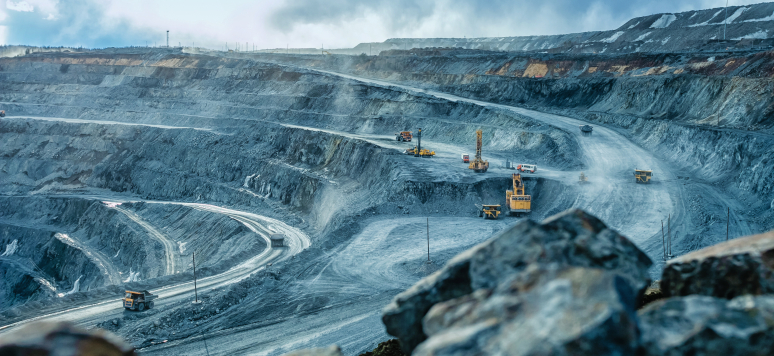Russie.Eurasie.Reports - Russia’s Mining Strategy: Geopolitical Ambitions and Industrial Challenges Russie.Eurasie.Reports, No. 43, Ifri, April 2023

In addition to being a leading gas and oil power, Russia also possesses vast geological resources that place it among the world’s leading mining countries.
Nevertheless, Russia’s largely privatized mining sector faces great and numerous restrictions relating to the obsolescence of its infrastructure, lack of investment and a shortage of qualified human resources in the industry, which may be further exacerbated by the war in Ukraine.
To diversify its sources of revenue, whilst also obtaining new levers of geopolitical power, particularly in Africa, Moscow is seeking to revitalize this strategic industry. Russia may focus on several of its globally significant companies, particularly in the diamond, fertilizer, and nickel sectors. It also plans to extend its mining activities by reinvesting in and modernizing historic sectors such as coal, or by developing new ones like lithium.
In a context of growing global demand for critical metals and minerals in order to meet the challenge of the ecological and energy transition, what role can Russia play? Moscow intends to overcome the challenge of maintaining its economic and industrial autonomy in the face of the sanctions imposed by the West following its invasion of Ukraine in February 2022. The future of Russia’s mining industry may depend upon a reorientation away from its traditional Western markets and towards Asian countries, such as India, Malaysia, and Vietnam, which have decided to retain their economic ties with Russia. Will Russia’s mining policy bolster the implementation of the “pivot to Asia” that Moscow has talked of for several years?
Florian Vidal is an Associate Fellow at Ifri's Russia/Eurasia Center. He holds a Ph.D. in Political Science from Paris Descartes University and is a researcher at UiT The Arctic University of Norway.
